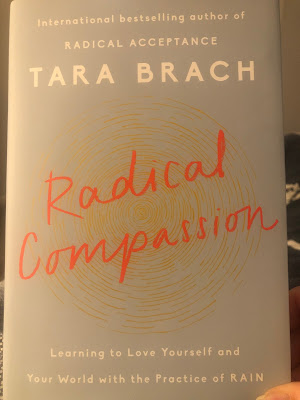What the H*ll is a Helping Verb?
There is something I've been wondering about and maybe you could help me out.
How many of you can name all the helping verbs? What about actually defining what the helping verb does in a sentence? And can you tell me if a helping verb ever be anything else?
I try to believe every day that what I am teaching my students is applicable to their lives in the "real" world*.
And yet at times, I think, gosh, will they really ever have to know or even understand what a helping verb is?
Do you use helping verbs in your daily life? I mean, with actual conscious thought and purpose? Maybe if you are an editor or a writer** or a language arts teacher. But for everyone else in this world, is it really all that important that you are able to recite the helping verbs to the tune of "London Bridge is Falling Down?"
Seriously. Is it?
*I refer to the world we all live in here, not the MTV reality show "Real World."
**I asked a writer I know and they weren't quite sure what they are either.
How many of you can name all the helping verbs? What about actually defining what the helping verb does in a sentence? And can you tell me if a helping verb ever be anything else?
I try to believe every day that what I am teaching my students is applicable to their lives in the "real" world*.
And yet at times, I think, gosh, will they really ever have to know or even understand what a helping verb is?
Do you use helping verbs in your daily life? I mean, with actual conscious thought and purpose? Maybe if you are an editor or a writer** or a language arts teacher. But for everyone else in this world, is it really all that important that you are able to recite the helping verbs to the tune of "London Bridge is Falling Down?"
Seriously. Is it?
*I refer to the world we all live in here, not the MTV reality show "Real World."
**I asked a writer I know and they weren't quite sure what they are either.


Comments
Some helping verbs: are, is, will, was...
Everyone uses helping verbs, and they're an important part of the English language, even if we can't recite them. I know where it is supposed to sit within a sentence.
There is a particular time that we begin to forget exactly which words are helping verbs. That's because it has finally become ingrained in our mind--not because we don't use them.
By the way, I'm a high school senior (we don't take grammar classes anymore, but it was always my favorite subject in elementary school).
AM BE IS ARE WAS WERE BEEN
HAVE HAS HAD
DO DOES DID
CAN COULD
SHALL SHOULD
WILL WOULD
MAY MIGHT MUST